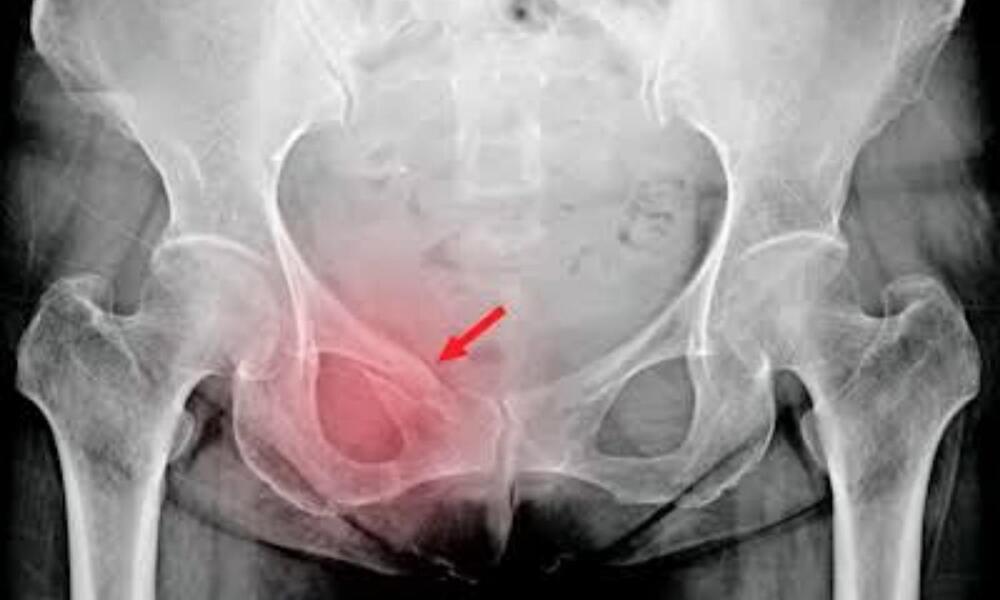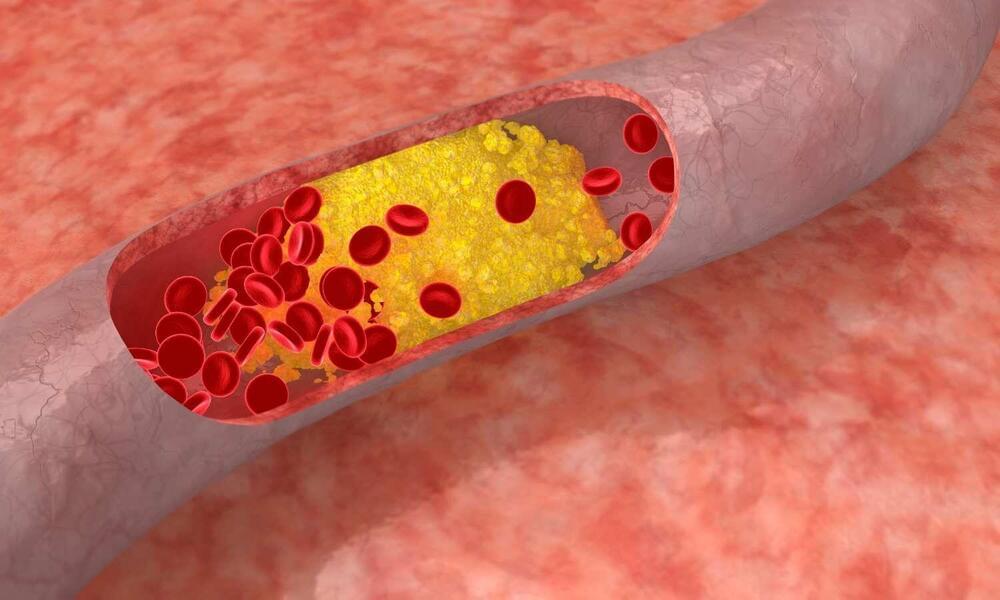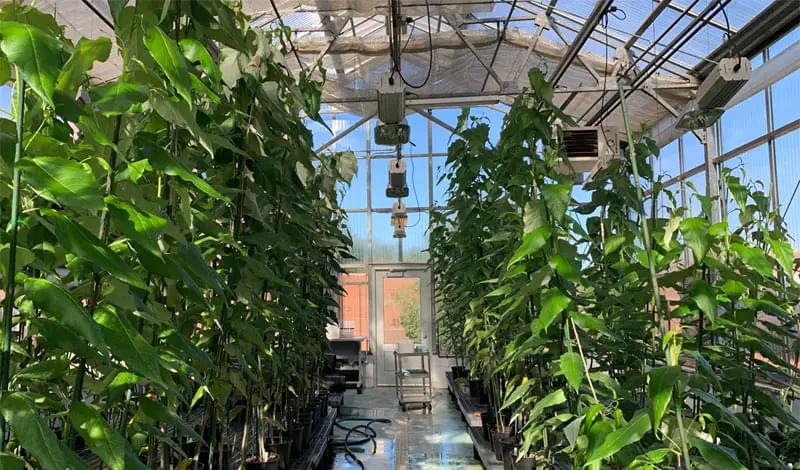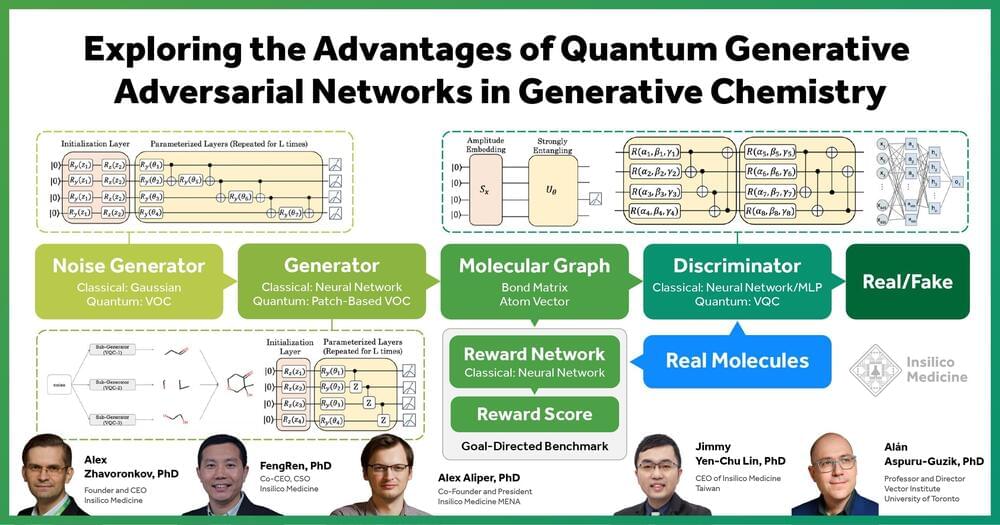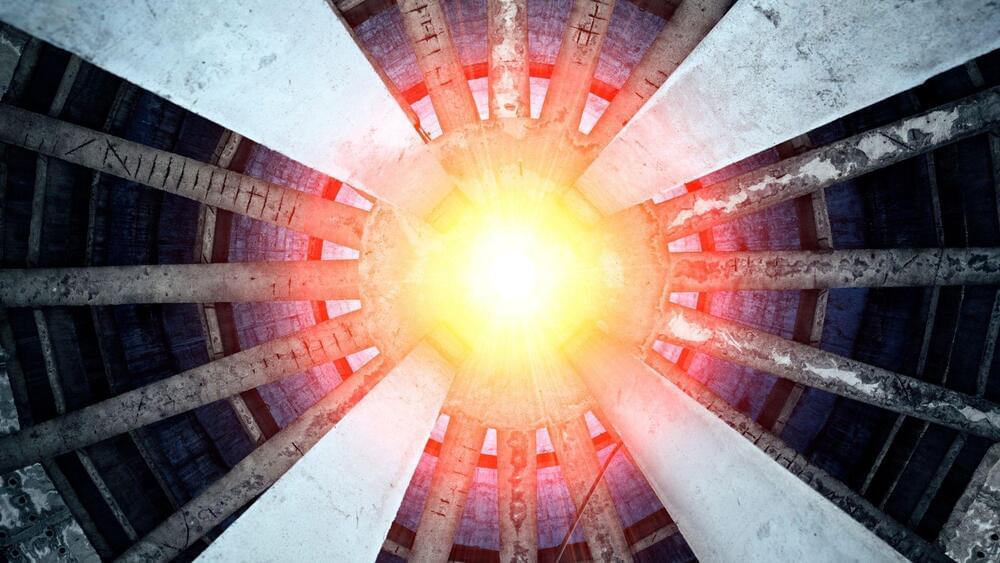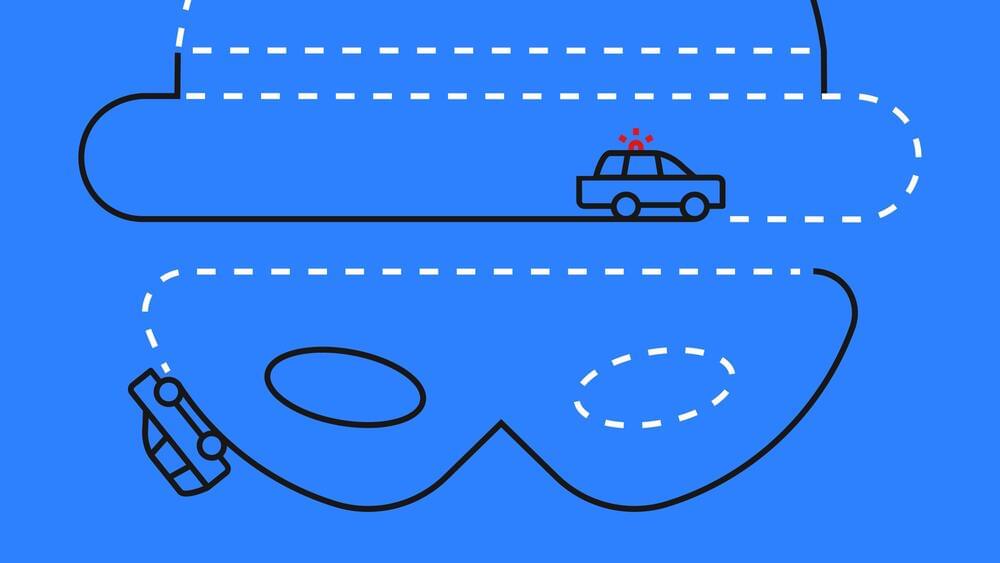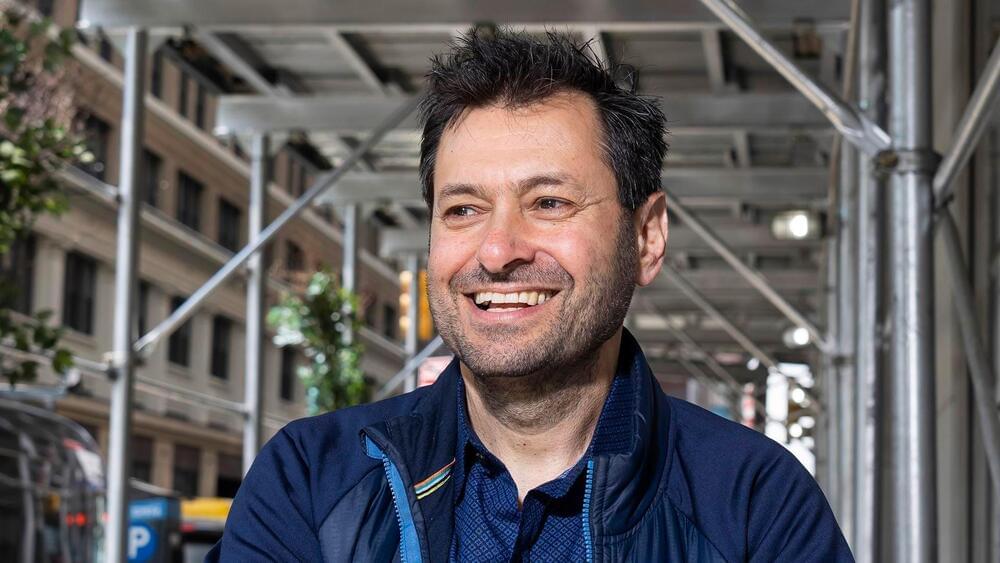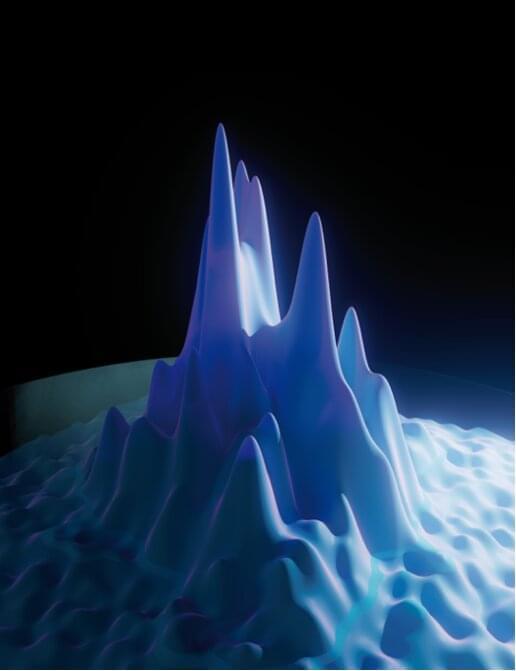Singapore: A research paper, published in iScience, has decribed the development of a deep learning model for predicting hip fractures on pelvic radiographs (Xrays), even with the presence of metallic implants.
Yet Yen Yan of Changi General Hospital and colleagues at the Duke-NUS Medical School, Singapore, and colleagues developed the AI (artificial intelligence) algorithm using more than fortythousand pelvic radiographs from a single institution. The model demonstrated high specificity and sensitivity when applied to a test set of emergency department (ED) radiographs.
This study approximates the realworld application of a deep learning fracture detection model by including radiographs with suboptimal image quality, other nonhip fractures and meta llic implants, which were excluded from prior published work. The research team also explored the effect of ethnicity on model performance, and the accuracy of visualization algorithm for fracture localization.
